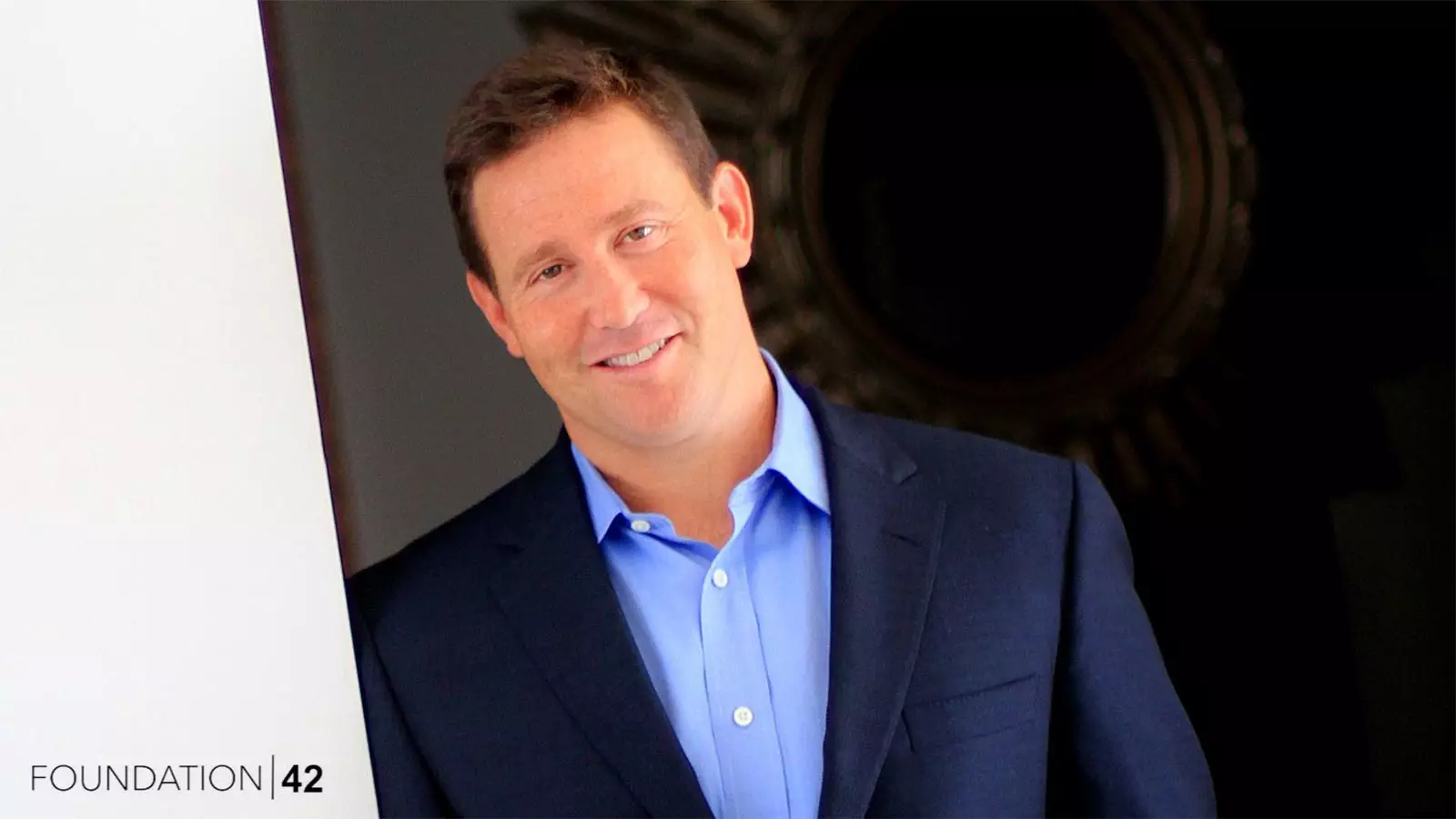For over three decades, my immersion in the complexities of the healthcare system has unveiled a landscape marked by well-meaning yet often flawed initiatives aimed at reforming and improving service delivery. My experiences, particularly my tenure on the Board of Trustees at what was once Catholic Healthcare Partners in Ohio, have illuminated both the promise of evidence-based solutions and the profound obstacles to achieving sustainable change. A significant chapter in this journey was influenced by Brent Asplin, MD, who, during his time as chief medical officer, was instrumental in steering the organization toward a population health framework.
This shift necessitated not only a revision of payment models and governance structures but also the implementation of strategic initiatives to enhance physician engagement and chronic disease management. Amidst these evolving standards and practices, Asplin introduced a concept ripe for exploration: the development of a new model for healthcare delivery. This endeavor, named Foundation|42, is largely driven by Jon Gordon—a venture capitalist and business strategist with a keen interest in healthcare reform. Having witnessed previous attempts fall short, I was eager to explore this initiative’s potential to do the unthinkable: redefine how we conceive healthcare operating in the contemporary landscape.
Foundation|42 represents a bold vision aspiring to rectify the systemic issues endemic to the U.S. healthcare framework. Gordon’s approach draws parallels with successful business models adapted to the complexities of health services. His conviction revolves around the belief that the current healthcare system has failed to adapt to the realities of medical advancements and the growing expectations from patients and providers alike. A series of early collaborative discussions among various stakeholders revealed a consensus on the deficiencies of existing arrangements, leading to hypotheses regarding a comprehensive healthcare model.
The preliminary findings highlighted several essential characteristics for an ideal healthcare system: a transformation from being system-centered to person-oriented, the necessity of a holistic view encompassing an individual’s lifetime, equal access for all, and a long-term commitment toward cultivating relationships and optimizing health outcomes rather than merely focusing on cost reduction. These revelations, while agreeable, signal the need for significant practical application.
Despite the encouraging groundwork laid by the discussions and the insights gained, the real challenge looms in bringing this abstract vision to fruition. Efforts to create and implement an innovative healthcare model have often stumbled in the past, yielding unintended consequences instead of solutions. Gordon’s perception sheds light on the critical advantages of not being tethered by outdated financing models that prioritize transaction over transformation. This fresh perspective offers a compelling argument: to genuinely reform healthcare, we must disentangle ourselves from obsolete paradigms that no longer serve the needs of patients or healthcare providers.
Gordon’s formulated three-stage approach—design, deploy, and foster—provides a roadmap forward. The design phase focuses on imagining how healthcare could function without the limitation of current constraints, while the deployment phase involves refining the model through partnerships with strategic players in the health sector. The final stage emphasizes creating a cohesive innovation ecosystem that leverages shared knowledge and insights.
To date, the initiative has actively involved more than 150 healthcare leaders, challenging existing narratives and validating the proposed approach through their accumulated experiences. Admittedly, the lofty ambition of Foundation|42 evokes skepticism, particularly from those familiar with the arduous nature of implementing change within entrenched systems. Nevertheless, with Gordon’s steadfast resolve and extensive network, the foundation possesses a more favorable prospect of overcoming historical hurdles.
The impetus for a transformative healthcare model drives a critical dialogue on the future of patient-centered care. As we venture deeper into uncharted territory, the hypothesis crafted within Foundation|42 may eventually become a beacon of hope for a sector long plagued by rigidity and inefficiency. The potential for genuine change remains, contingent upon our willingness to embrace innovation and prioritize what truly matters—the health and well-being of individuals served by the system.

Leave a Reply